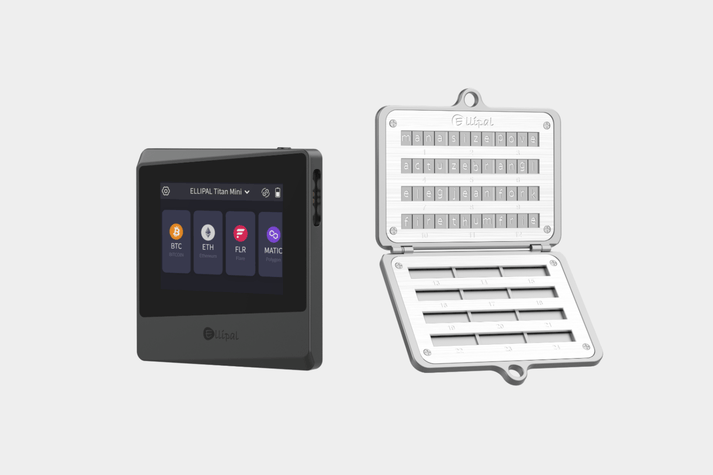Understanding Cold Wallets: The Ultimate Guide to Secure Cryptocurrency Storage
Body
In the rapidly evolving world of cryptocurrency, securing your digital assets is paramount. One of the most effective methods for safeguarding your investments is through the use of a cold wallet. But what exactly is a cold wallet, and how does it differ from other storage options? This guide will provide you with a comprehensive understanding of cold wallets, their benefits, and how to choose the right one for your needs.

What is a Cold Wallet?
A cold wallet is a type of cryptocurrency wallet that is not connected to the internet. This offline storage method significantly reduces the risk of hacking and unauthorized access. Cold wallets can take various forms, including hardware wallets, paper wallets, and even air-gapped computers. By keeping your private keys offline, you ensure that your cryptocurrency remains secure from online threats.
Benefits of Using a Cold Wallet
There are several advantages to using a cold wallet for your cryptocurrency storage:
- Enhanced Security: Since cold wallets are offline, they are less susceptible to cyber attacks.
- Long-term Storage: Cold wallets are ideal for holding assets that you do not plan to trade frequently.
- Control Over Private Keys: Users maintain full control over their private keys, reducing reliance on third-party services.
"A cold wallet is essential for anyone serious about protecting their cryptocurrency investments." - Crypto Expert
Types of Cold Wallets
When considering a cold wallet, it’s important to understand the different types available:
- Hardware Wallets: These are physical devices designed specifically for storing cryptocurrencies. Popular options include the Ledger Nano S and the Trezor One.
- Paper Wallets: A paper wallet involves printing your public and private keys on paper. While this method is secure, it requires careful handling to avoid loss or damage.
- Air-gapped Wallets: These are computers that have never been connected to the internet, providing a high level of security for storing cryptocurrencies.
Best Practices for Using a Cold Wallet
To maximize the security of your cold wallet, consider the following best practices:
- Always keep your cold wallet in a secure location.
- Regularly back up your wallet information.
- Use strong passwords and enable two-factor authentication where possible.
Conclusion
In summary, a cold wallet is an essential tool for anyone looking to securely store their cryptocurrency. By understanding the different types of cold wallets and implementing best practices, you can protect your digital assets from potential threats. Whether you choose a hardware wallet like the Ledger Nano X or opt for a paper wallet, the key is to prioritize security and control over your investments.
For more information, check out this informative video on cold wallets: Understanding Cold Wallets.









Comments